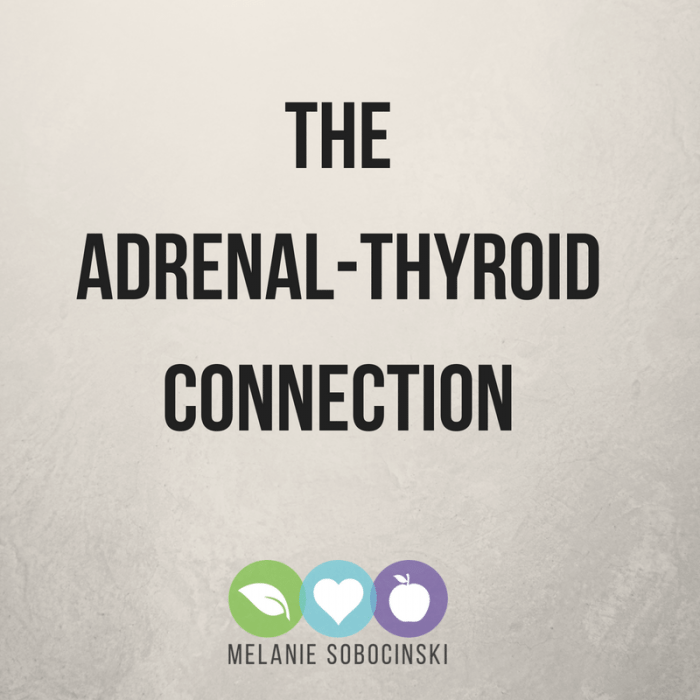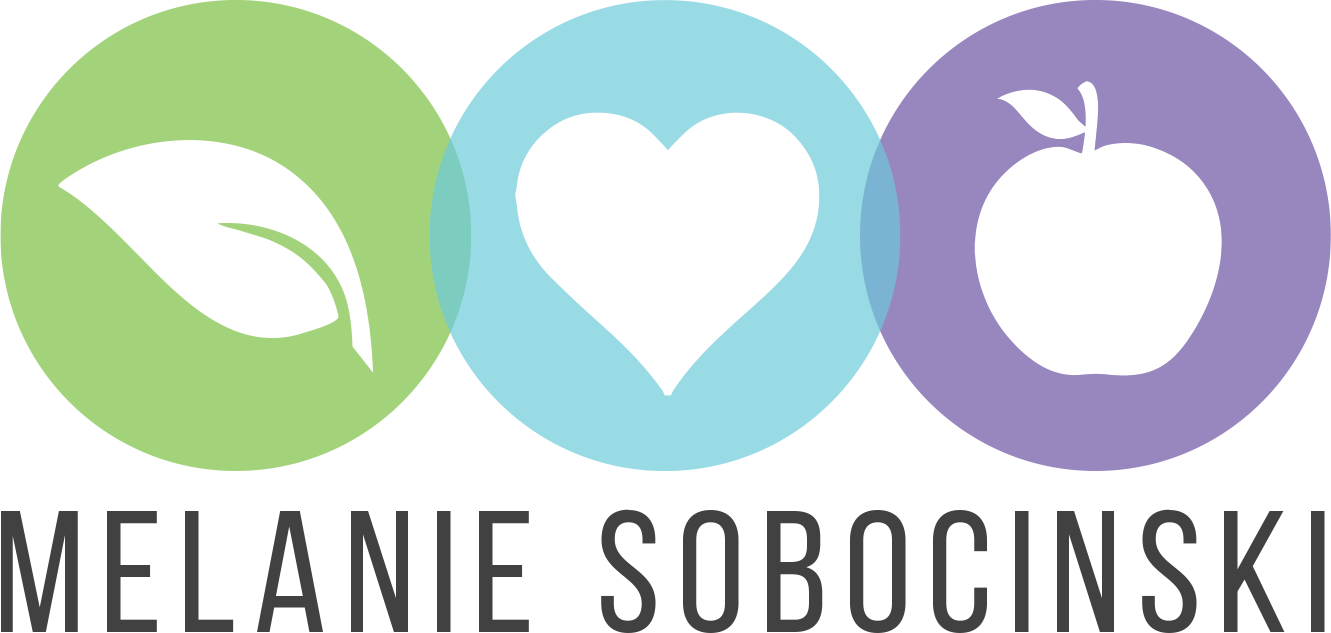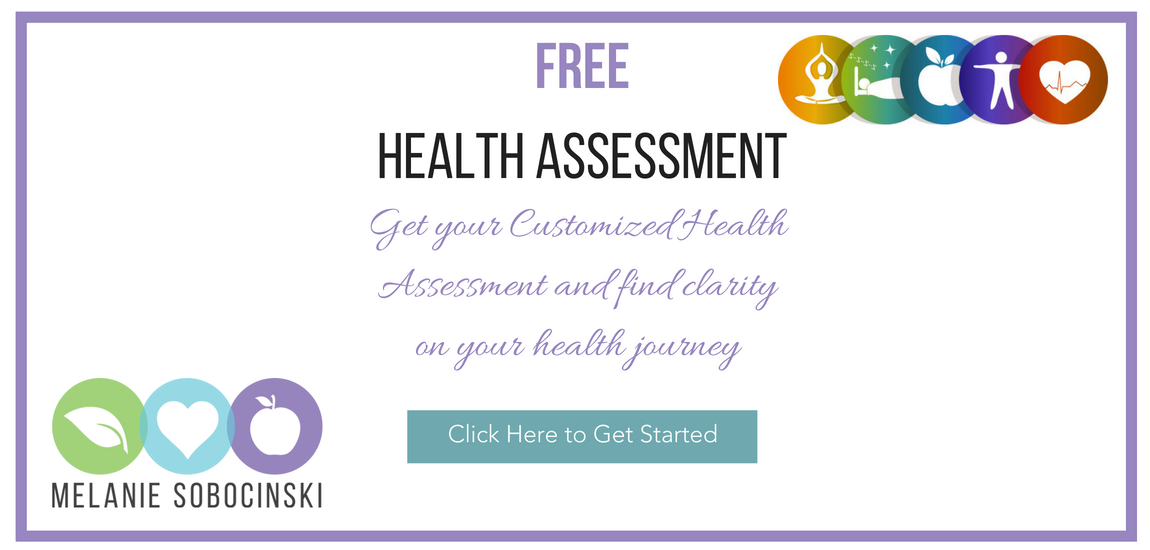The Adrenal-Thyroid Connection

We may earn money or products from the companies mentioned in this post.
Believe it or not, there is an adrenal thyroid connection.
For the reason that they kind of work together hand in hand delivering hormones throughout the body. If you read my last blog about the signs and symptoms that your adrenal glands may be overworked, you’ll know a bit about how the 2 are connected.
What is your thyroid?
The thyroid gland is a butterfly-shaped organ located in the base of your neck. It releases hormones that control metabolism, consequently, way your body uses energy.
The thyroid’s hormones regulate vital body functions, including:
- Breathing
- Heart rate
- Central and peripheral nervous systems
- Body weight
- Muscle strength
- Menstrual cycles
- Body temperature
- Cholesterol levels
- AND MANY, MANY MORE!!
What does the thyroid do?
The thyroid is part of the endocrine system, which is made up of glands that produce, store, and releases hormones into the bloodstream so the hormones can reach the body’s cells. The thyroid gland uses iodine from the foods you eat to make two main hormones t3 and T4. Therefore, it’s uber important that neither of those 2 hormones are too high or too low.
If they are too high, you may have what is called hyperthyroidism.
Some signs and symptoms of having an overactive thyroid are:
- Anxiety
- Irritability or moodiness
- Nervousness, hyperactivity
- Sweating or sensitivity to high temperatures
- Hand trembling (shaking)
- Hair loss
- Missed or light menstrual periods
If your T3 and T4 levels are low, you have what is called hypothyroidism.
If your thyroid is under active you may have some of the following symptoms:
- Trouble sleeping
- Tiredness and fatigue
- Difficulty concentrating
- Dry skin and hair
- Depression
- Sensitivity to cold temperature
- Frequent, heavy periods
- Joint and muscle pain
Whether you have Hashimoto’s or hypothyroidism, Graves or hyperthyroidism, or you haven’t been diagnosed yet, stress and your adrenals play a huge role in your thyroid health.
So now that we have slightly established what the thyroid is and what it does, let’s talk about how it is directly associated with your adrenal glands. So what is the adrenal thyroid connection?
When the thyroid gland isn’t functioning well, as a result, you can become tired, forgetful, and depressed — similar to adrenal symptoms if you remember them from my previous blog. As a result, the two glands work together to supply essential hormones and deliver them where they need to be throughout the body. When your adrenal glands aren’t producing enough cortisol and you have a thyroid problem, it can make things much worse.
We talked in my last blog about how STRESS plays an important role in your adrenal function. When that is stressed, it causes a whole whirlwind of problems for your thyroid.
Poor adrenal function can contribute to reduced thyroid function. Most importantly, there are over 150 hormones are produced by the adrenals including; adrenaline, estrogen, progesterone, testosterone, and DHEA…AND don’t forget cortisol!!
The symptoms for both are similar and most times lead to a hypothyroid diagnosis before an adrenal issue. Treatment of these symptoms with thyroid hormones can induce a negative response rather than help resolve symptoms. It may even accelerate adrenal fatigue. It’s possible you may not even have a thyroid issue BUT more of an adrenal issue that needs to be addressed before the thyroid. Fixing one, furthermore, may fix the other.
Above all, it’s always good to know these things so you can be your own advocate and know what to ask your doctor in situations like this. Finding the root cause and addressing it correctly will lead to better overall health.
Latest posts by Melanie Sobocinski (see all)
- Why Your Metabolism and Hormones May be a Little Slow - November 5, 2020
- My Before and After Story - September 11, 2020
- 7 Changes That Happen When You Don’t Eat Enough - July 16, 2020




